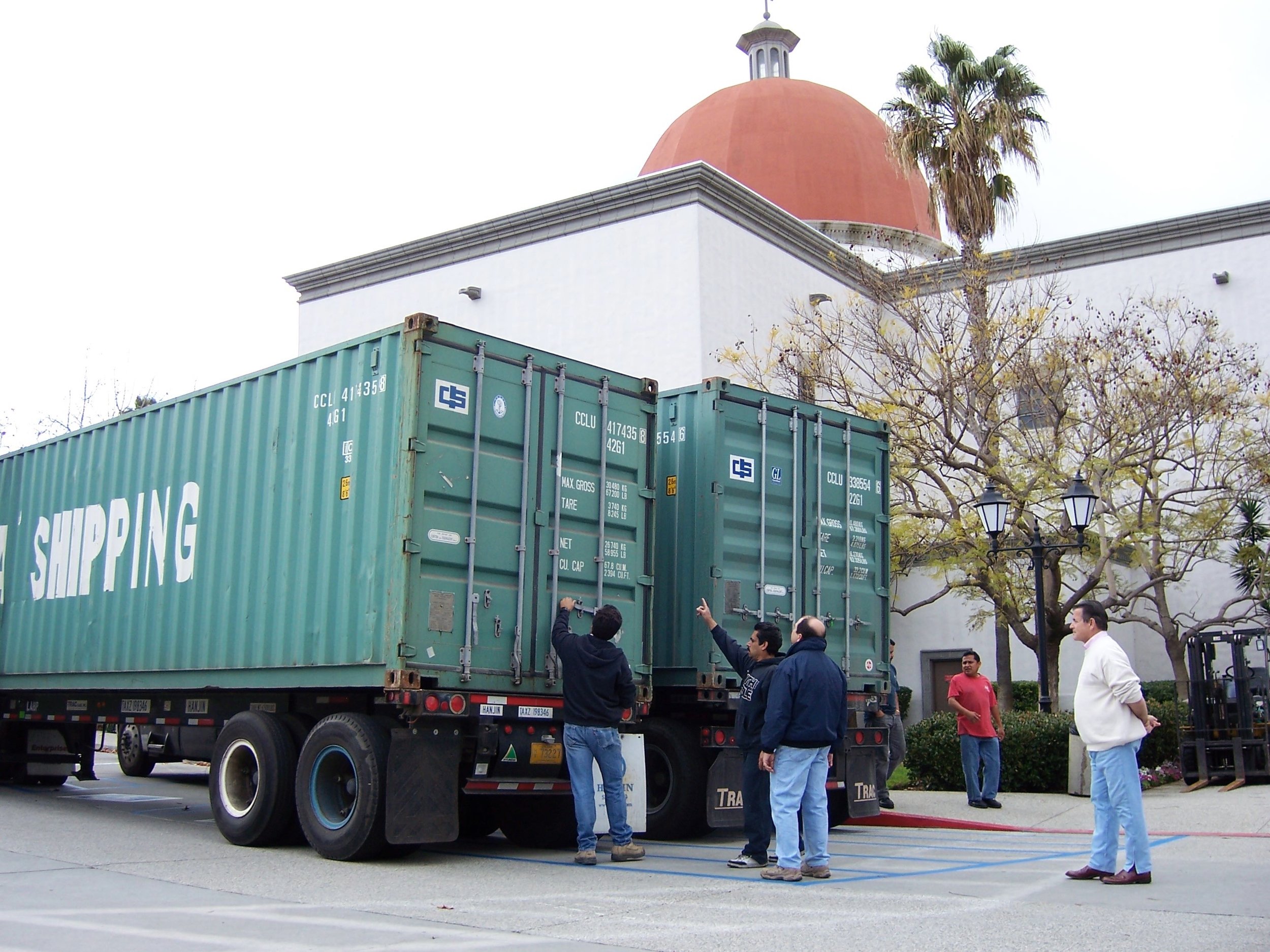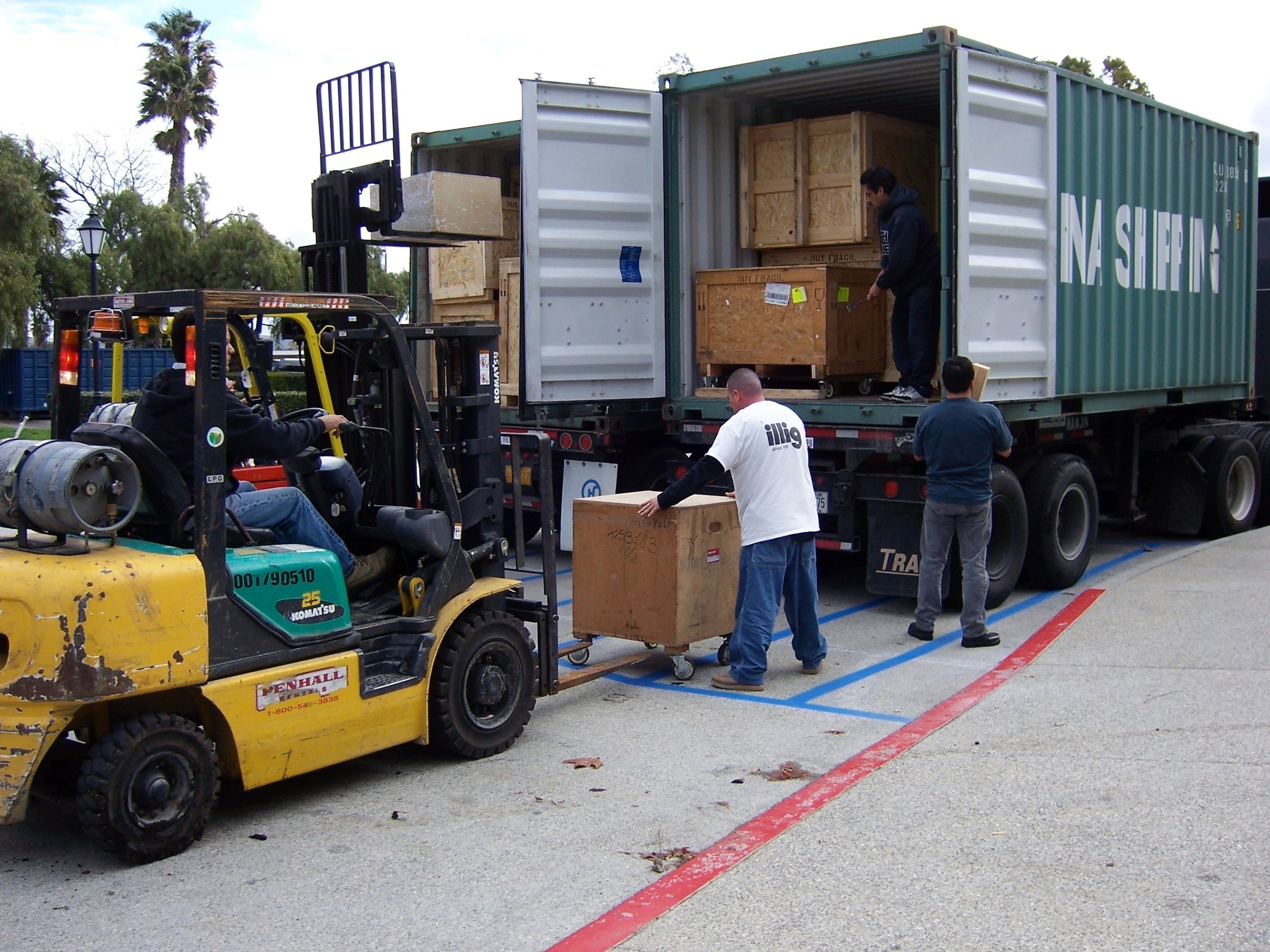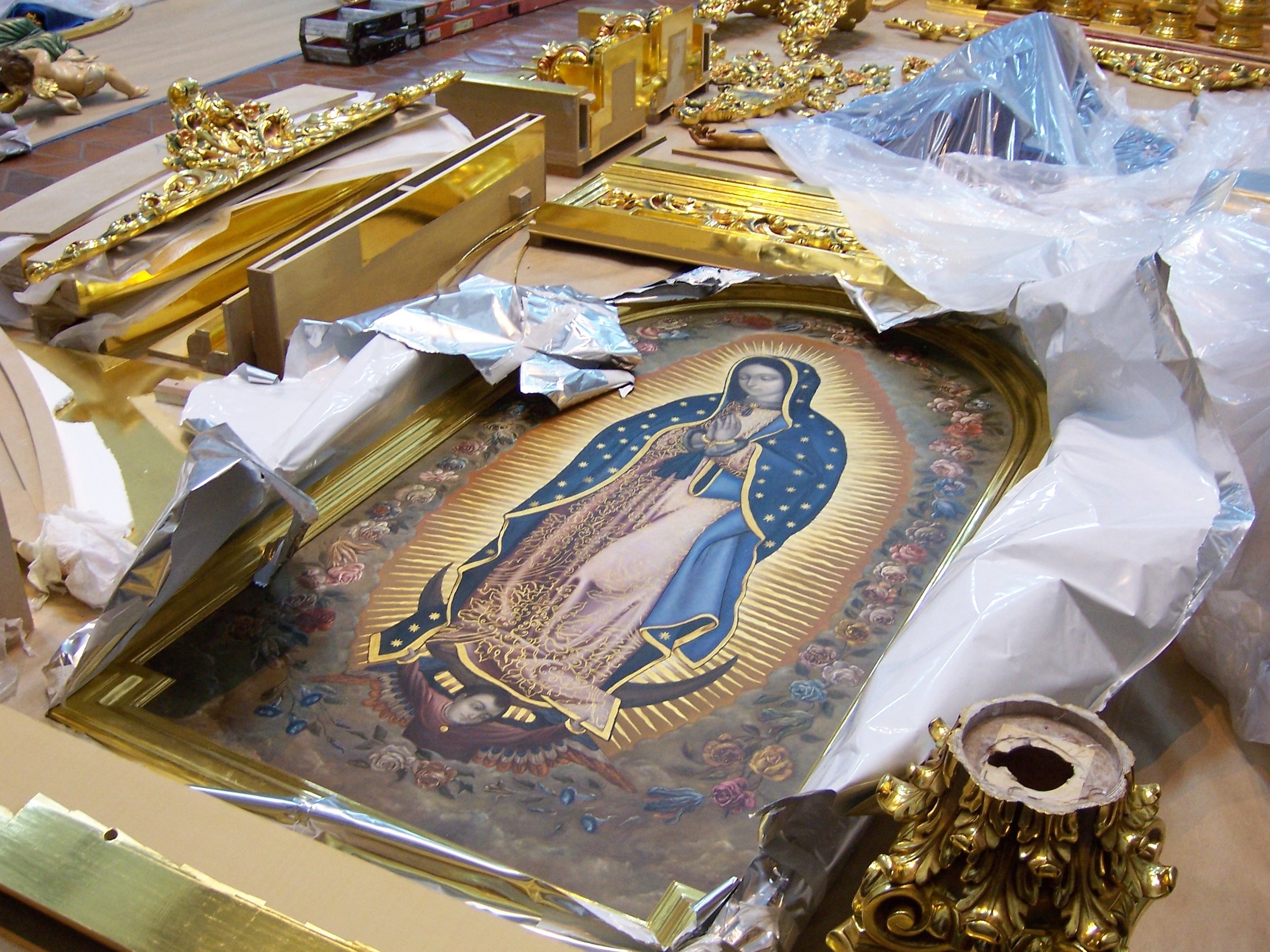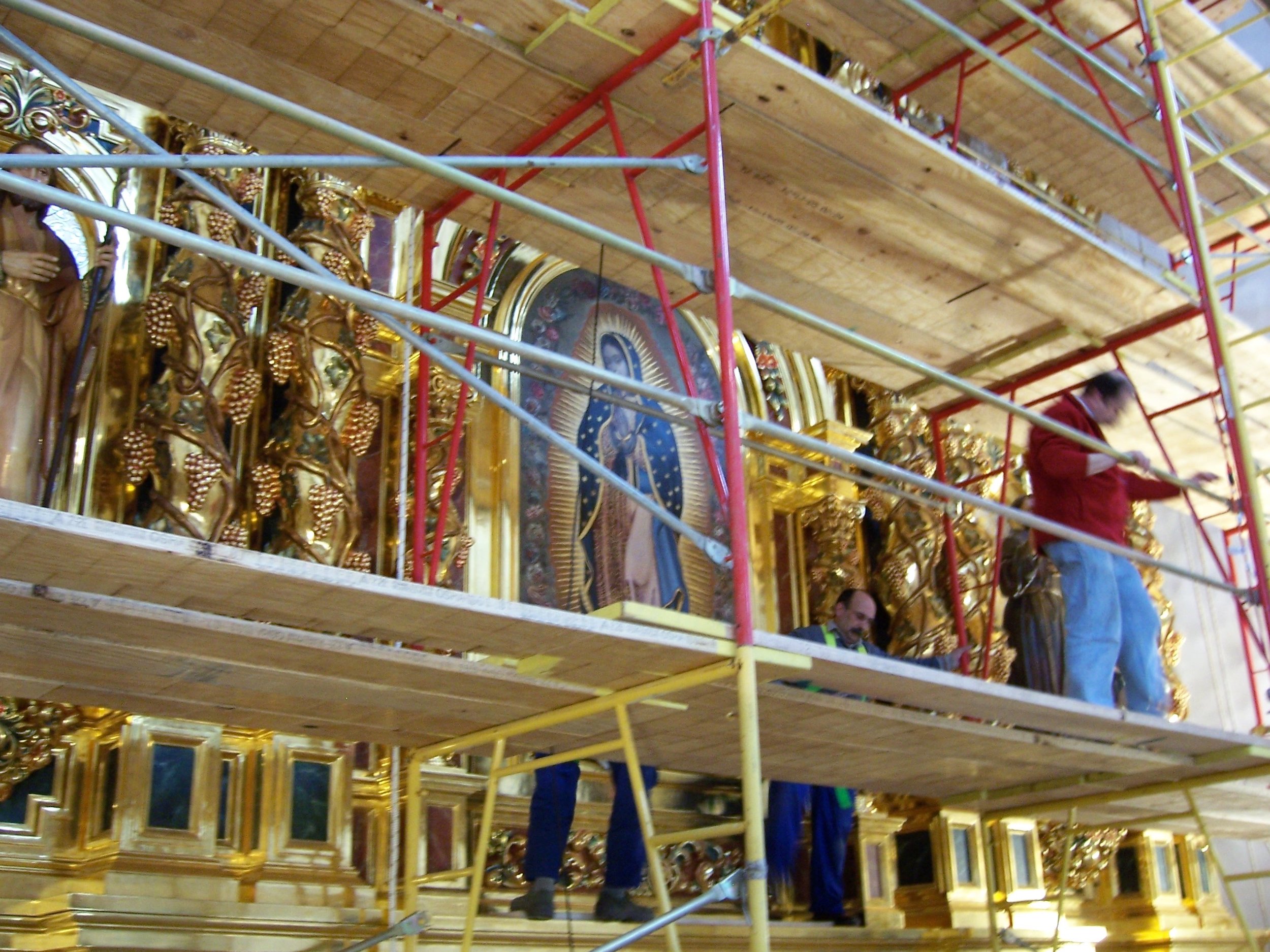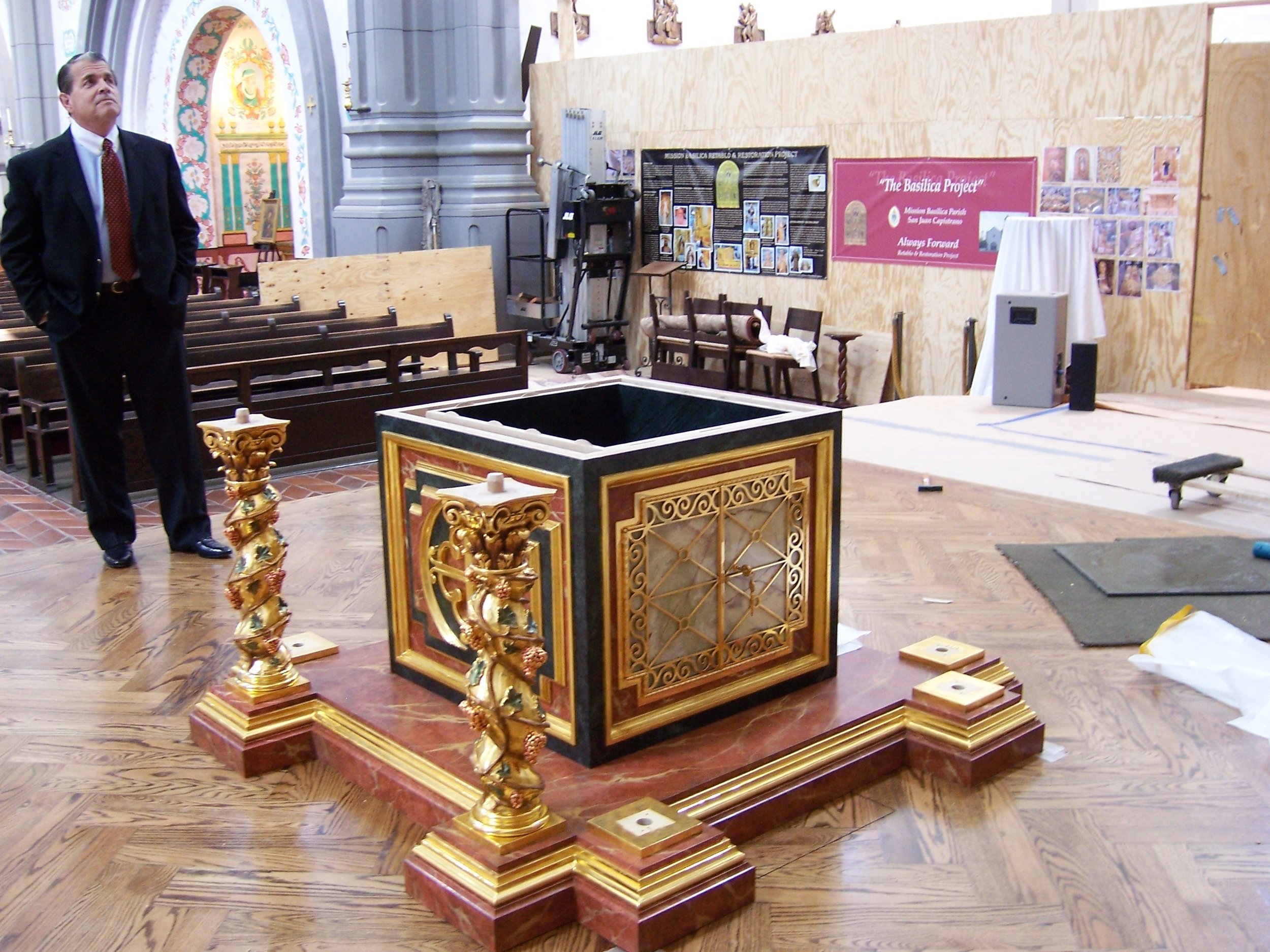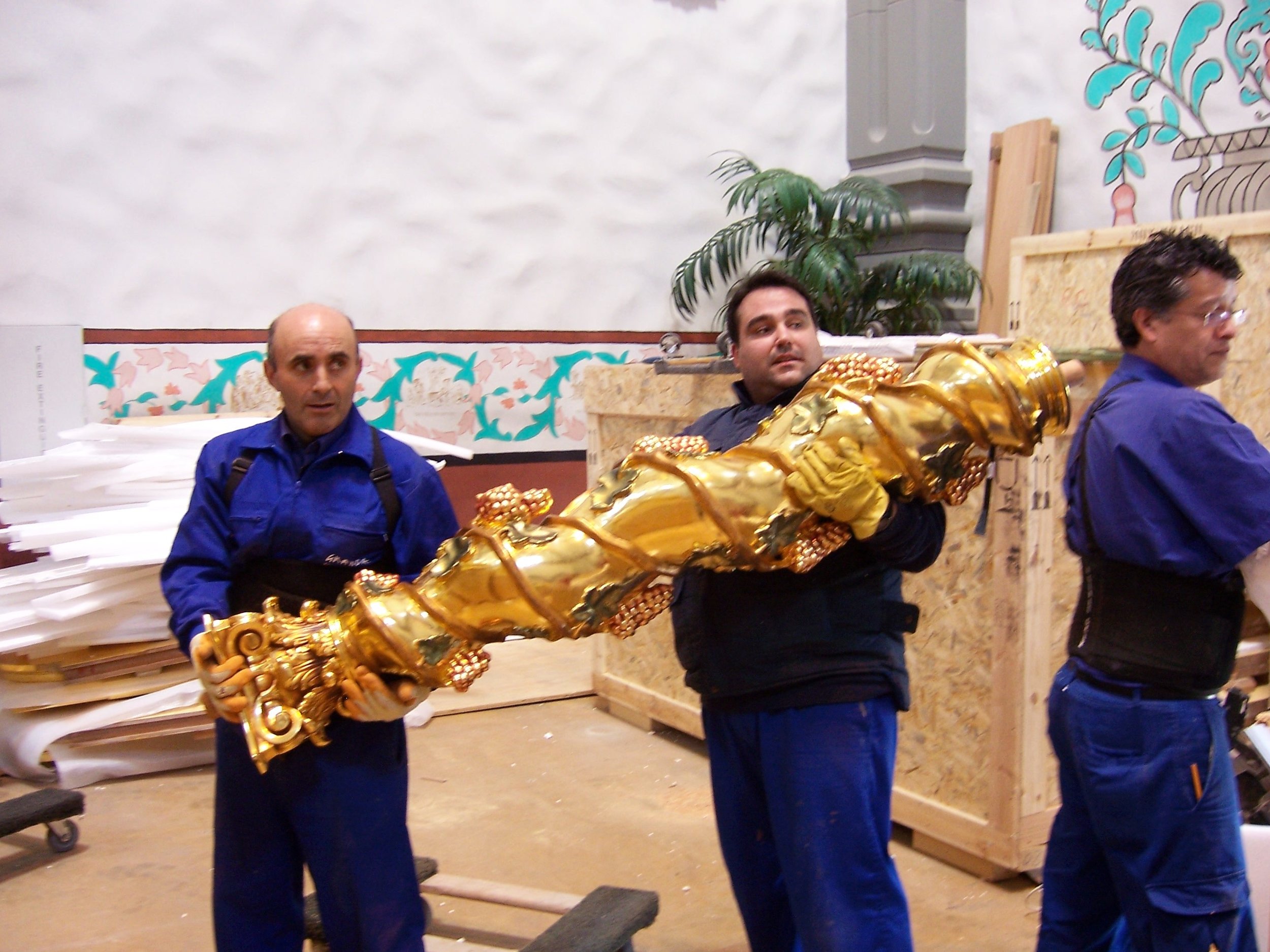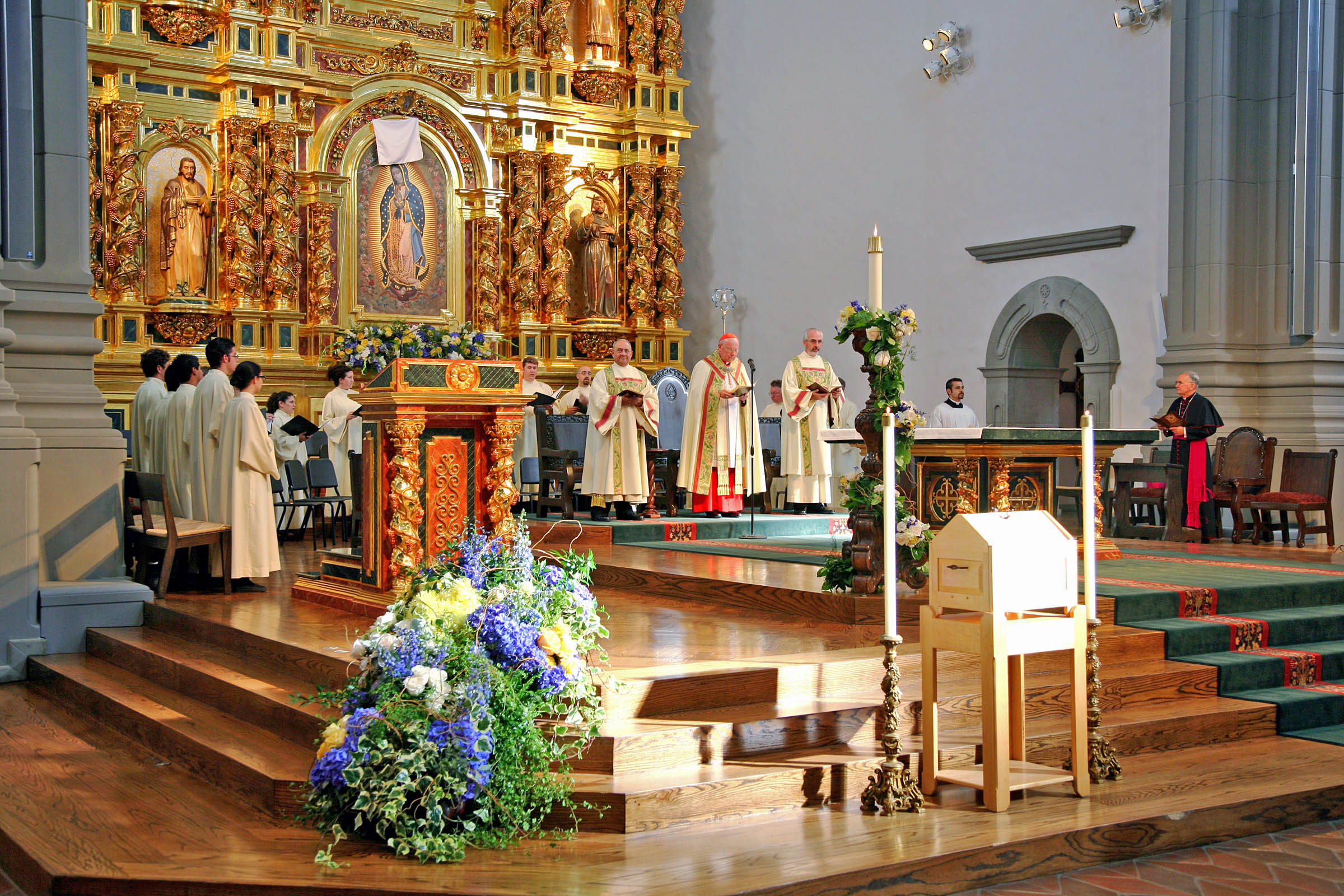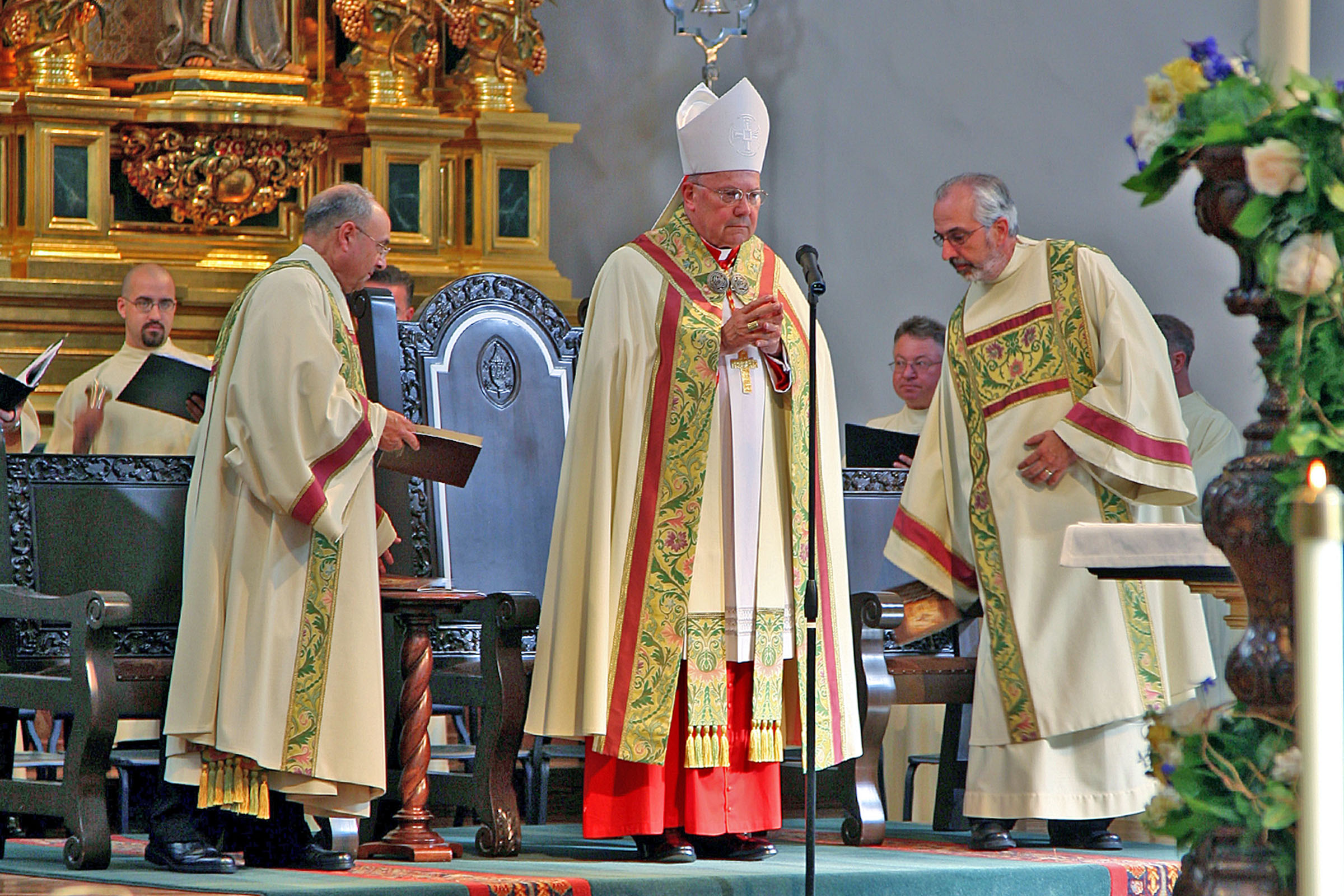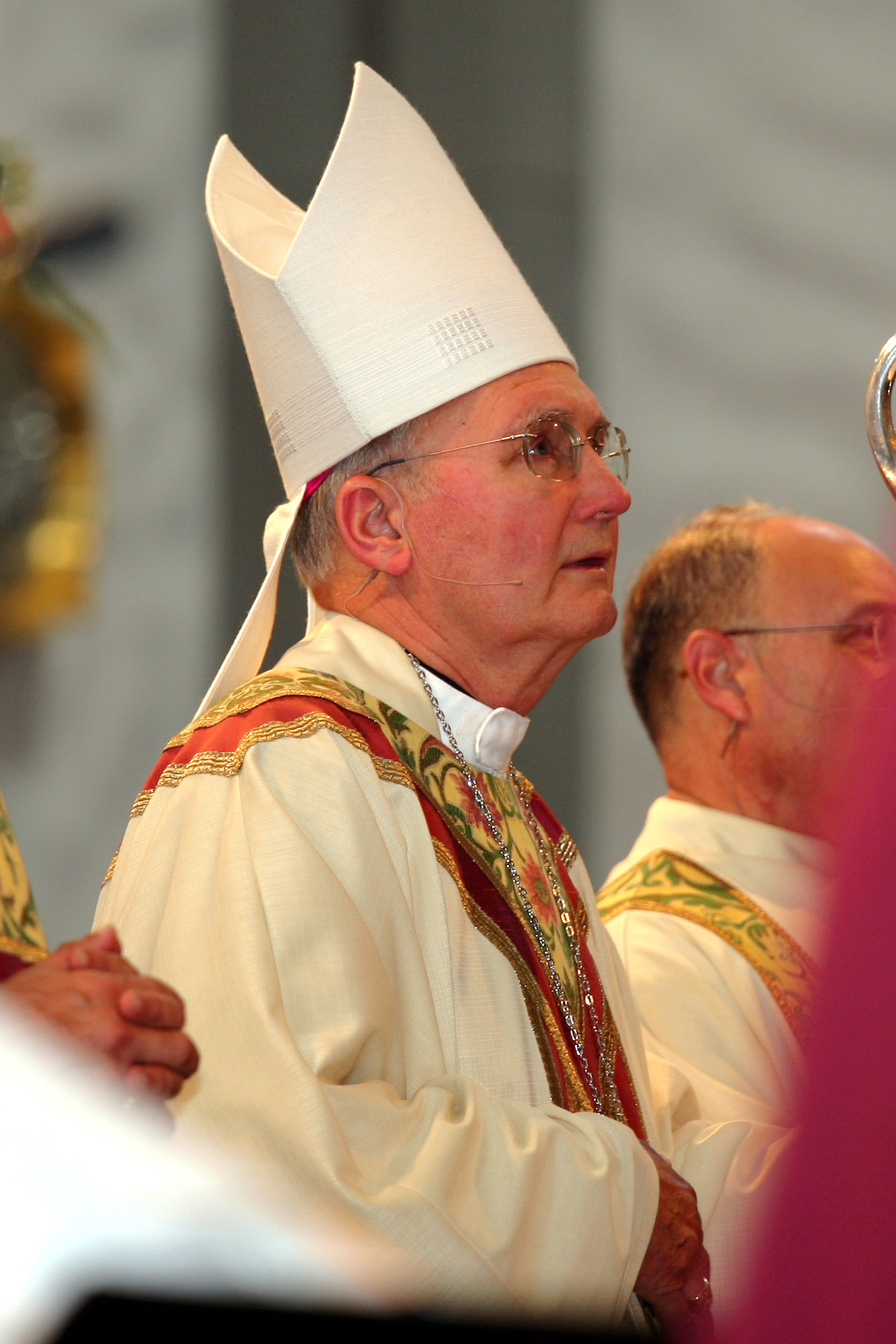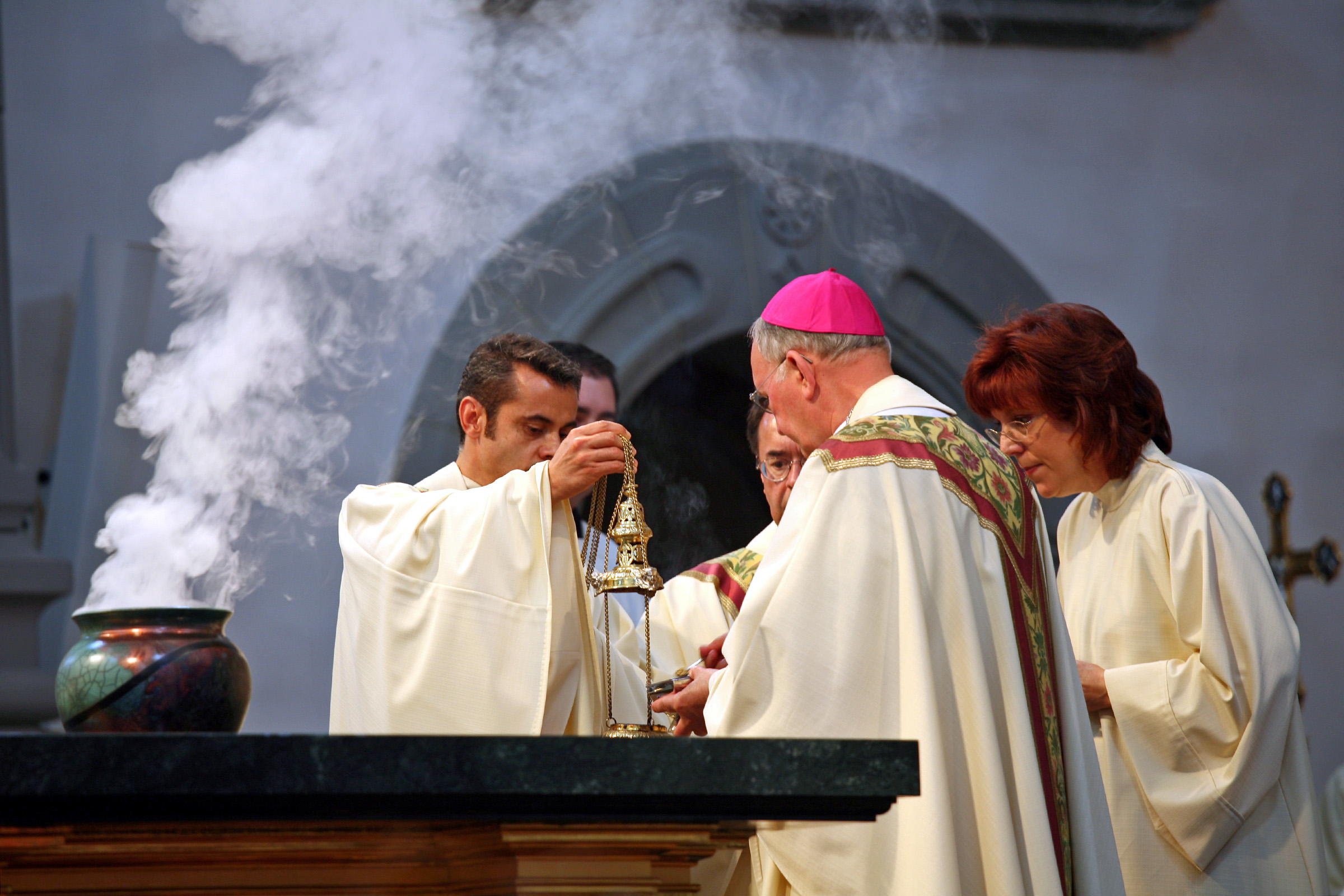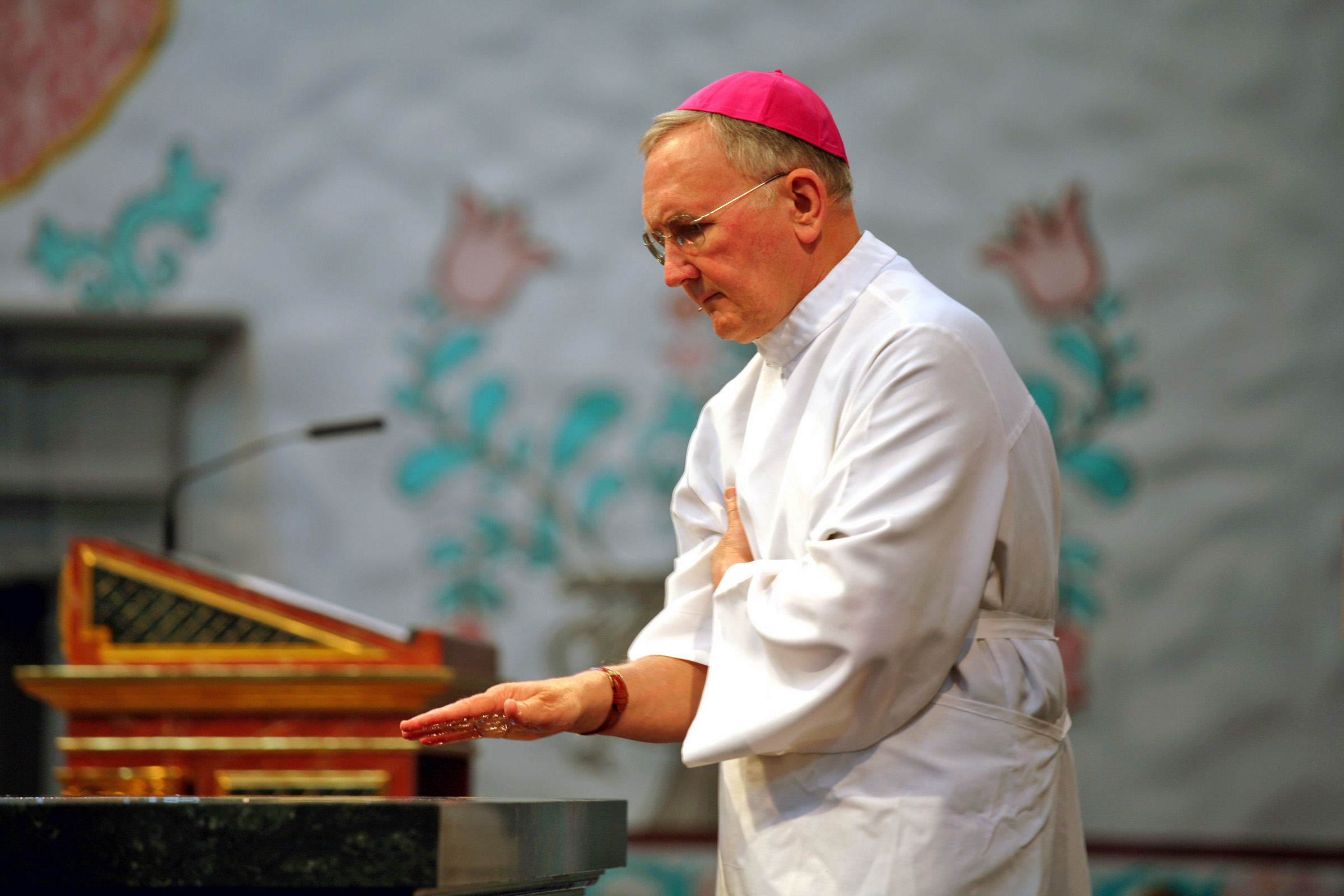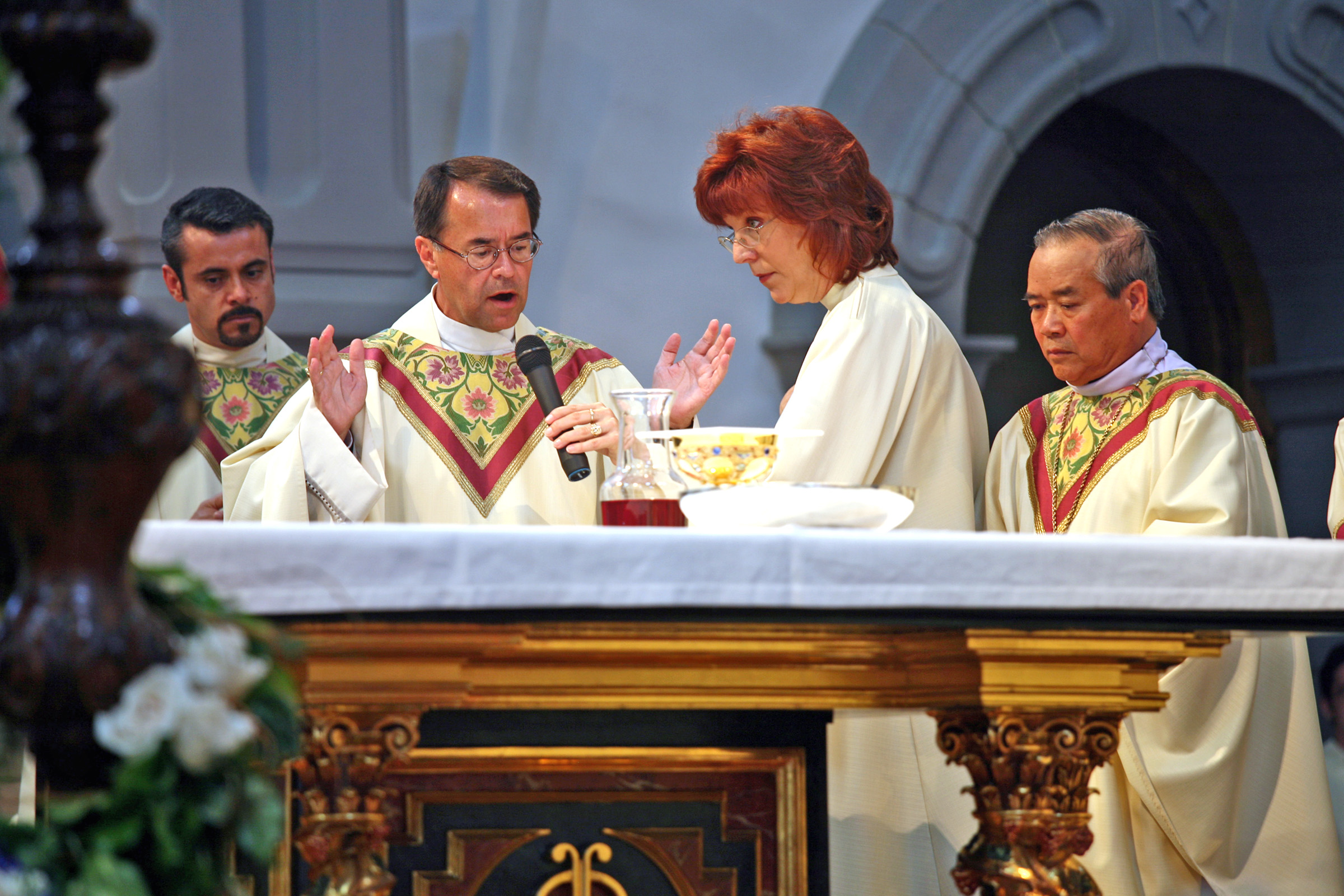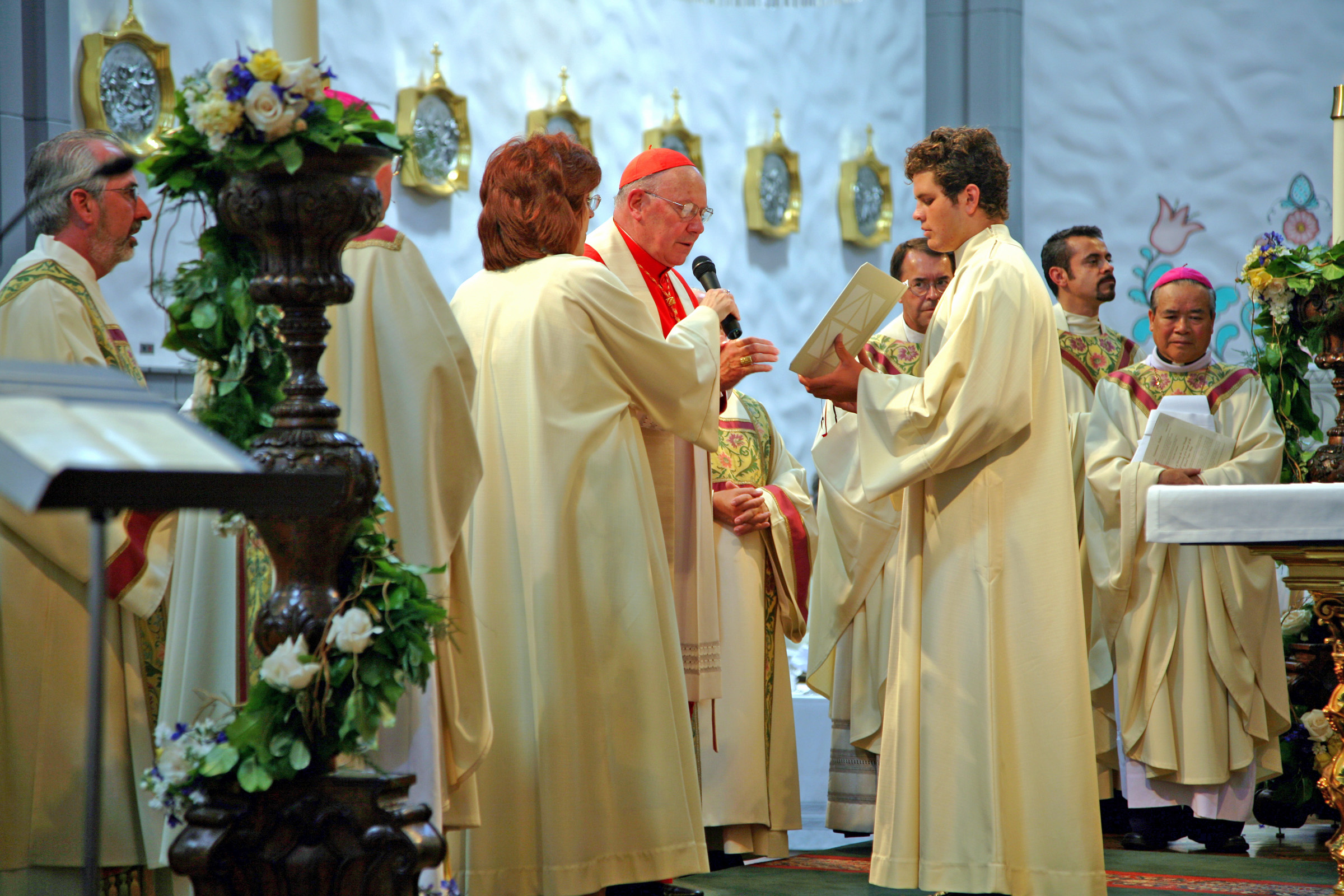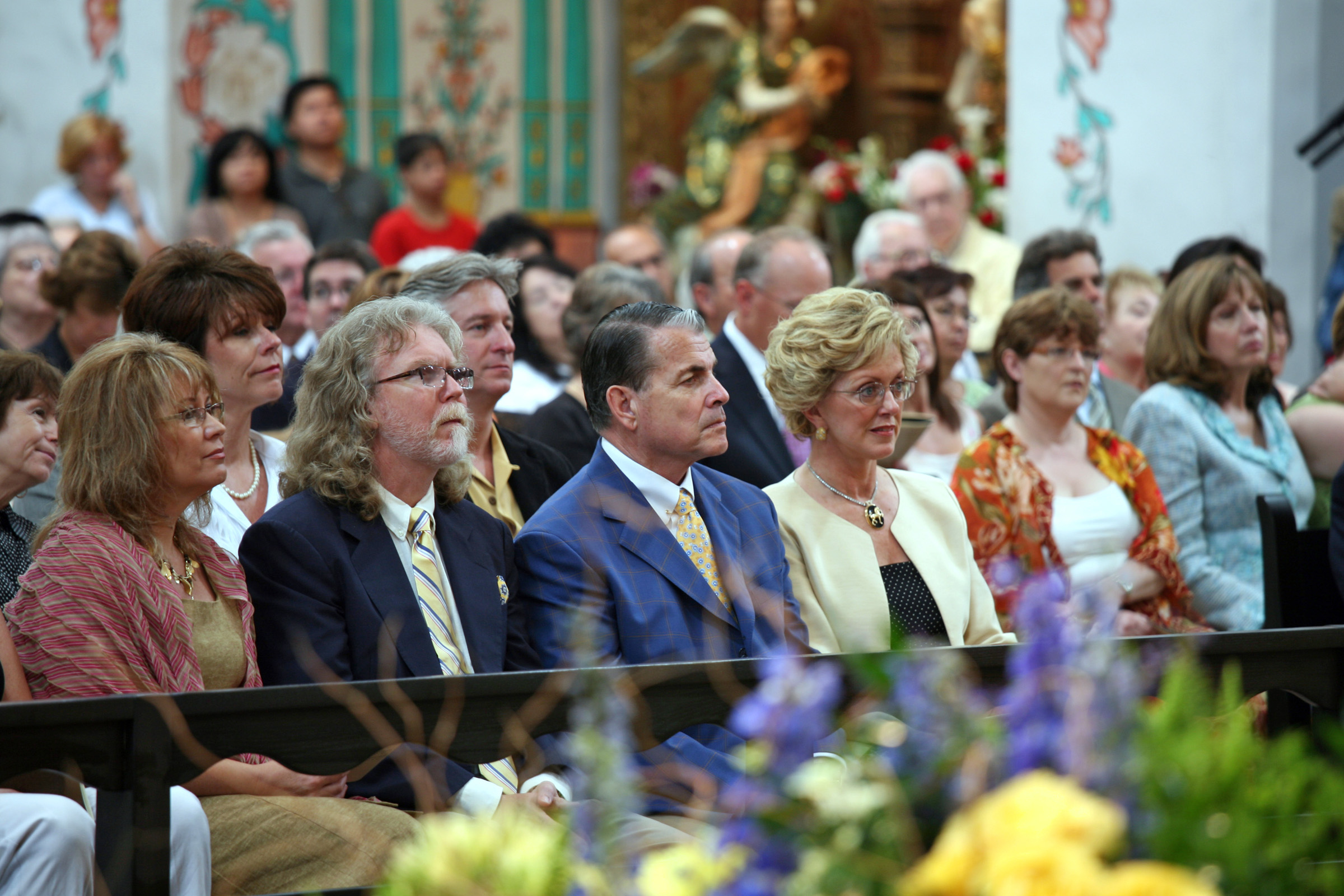Before we examine Serra’s own road to sanctity, the question that continues to fascinate both Catholics and non-Catholics alike is simply: How does one became a saint in the Catholic Church? What is a saint? In Catholic theology, a saint quite simply is one who has tried to live a virtuous and good life here on earth and is now in heaven with the Lord. In other words, there are countless unnamed and unknown saints in heaven and we honor them in a special way one day in the church calendar – November 1st – the Feast of All Saints – the day this mission was founded. However, there are some men and women in the history of the Catholic Church whose lives have been such outstanding examples of holiness and grace that they are set before the household of believers as exemplars, mentors and models of holiness and integrity. These are the men and women who upon their death have spontaneously attracted the attention of others for their goodness and devotion has been given to them. In time and after careful study of their lives by the Church they have formally been declared saints. The agency within the organizational structure of the Catholic Church that does this scrutiny or investigation is called the Congregation for the Causes of Saints. It is part of what is called the Curia of the Catholic Church.
Over the centuries there have been various reforms in the process whereby one is formally declared a saint – the most recent reform having taken place in 1983 under the pontificate Pope St. John Paul II. At this point, it is important to note that canonization does not mean that an individual lived a perfect or sinless life. Rather, it means that one so heroically and demonstrably lived the life of faith, hope and love that their life became a powerful witness of the goodness of Christ himself to the world. Sin and evil never had the final say in their lives but rather the grace and love of God ultimately triumphed in the unfolding of their lives.
There are various stages leading to eventual canonization:
i) After submission of a detailed spiritual biography of the individual in question, called the summarium, and if the Congregation finds the individual worthy of further investigation, they are given the title “Venerable”
ii) Normally one miracle is required through the intercession of the person in question to be advanced to the next stage which is called “Blessed.”
iii) A second miracle is required for one to advance to the final stage, that is, for canonization and formal ‘sainthood.’
iv) These candidates for ‘Blessed’ and ‘Sainthood’ are moved through the process by advocates called postulators or vice postulators who prepare the extensive biographies for examination. They also assist in bringing forward potential miracles to be scrutinized carefully by medical personnel.
v) A much more detailed explanation of this process can be found in Kenneth Woodward’s fascinating study: Making Saints: How the Catholic Church Determines who becomes a saint, who doesn’t and Why.
When Father Serra died at the ago of 70 in 1784, he was mourned by friars and many of the Mission Indians, who referred to him for generations after his death at ‘el santo’ – the saint. However, it was not until 1934 that his cause was formally introduced to the Congregation by the Bishop of Monterey-Fresno. In 1941, the Vatican appointed a Vice Postulator for Serra’s cause who began the meticulous historical preparation of documentation required by the Holy See. He was assisted by the famous Franciscan historian, Fr. Maynard Geiger, the archivist for Old Mission Santa Barbara who prepared the 7500-page documentation that was submitted to Rome. It was presented to the Congregation in the summer of 1950 and finally in 1985 (Rome moves slowly!), Serra was declared ‘Venerable.’ Between 1985 and 1987, the Archdiocese of St. Louis, Missouri and the Theological and Medical Commissions of the Congregation of Saints in Rome investigated a reported miracle of Sr. Boniface attributed to Serra. The result was that there was no medical explanation for the nun’s healing from lupus. The Holy Father affirmed the miracle and on September 25, 1988 Serra was beatified by Pope St. John Paul II.
In the course of pursuing the second miracle, Pope Francis – the Pope of Surprises – in an impromptu press conference on his plane on returning from a pastoral visit to the Philippines – said that he was hoping to canonize Serra in the course of his pastoral visit to the US in September of that year. This announcement caught everyone by surprise, including your's truly, who had just become the Rector emeritus of the Mission! What happened to the miracle? Since the Pope is the supreme legislature in the Church and while he cannot change doctrine he certainly can change his own structures and traditional processes in the church. He dispensed from the second miracle through what is technically called ‘equipollent canonization’ stating that the decades of veneration given to this holy man warranted such a dispensation.
It comes as no surprise that the cause for Serra’s canonization had not been welcomed by all. While I am not a trained historian but rather an avid student of history, I have tried to understand both sides of the arguments both in favor and against canonization. While I would like to say that I am being absolutely objective, I am well aware that all of our perceptions can be colored by our own individual histories. I am not a Native American and so the deeply felt perspectives and narratives that strongly objected to Serra’s canonization have not been my experience. In the end, however, that critique must stand or fall based on the facts of his life and legacy. And, in all candor, they are disputed by historians with those who supported and favored his canonization and those who did not. With that in mind, I offer these personal reflections and perspectives:
The Church is canonizing the man, not the colonization enterprise that he was a part of. It is indisputable that the Spanish conquest of the New World failed to respect the inherent dignity of the indigenous people of this land and was the catalyst for cultural genocide. For this reason, the Holy Father asked forgiveness during a pastoral visit to Bolivia. where there may have been complicity on the part of the Church.
To judge the missionary techniques and methods of Serra, a man of the 18th century by 21st century standards is unfair. There was indeed corporal punishment used with the neophytes who were kept in the safe confines of the missions. This was rooted in a paternalistic attitude exemplified by the Mission fathers who literally referred to these neophytes as ‘my child’ or ‘our children.’ This sequestration was done to protect the Indians from the Spanish soldiers who invariably abused and took advantage of the Indians. Relative to the use of corporal punishment, I confess that I was at the receiving end of some (on very rare occasions) in the grammar school I attended!
Historically, Serra was an advocate for leniency on behalf of the Indians in a famous incident that involved an Indian uprising around San Diego Mission when both soldiers and padres were killed in the uprising. Serra pleaded with officials that those responsible not be given capital punishment, otherwise, how would they ever come to understand the God of unfailing mercy and forgiveness.
Sadly, disease was introduced by those involved with the conquest of these lands. Yet, my read of the historical evidence points to the preponderance of deaths occurring after the Serra period. The systematic victimization of the Indian nations reached its zenith, not during the time of Serra but decades after, becoming particularly brutal during the early years of California statehood. In the recent historical research and new translation of hundreds of Serra’s letters done by the historians, Rose Marie Beebe and Robert Senkewicz, in their recent book, Junípero Serra: California, Indians, and the Transformation of a Missionary, it is clear that Serra’s sole motivation in life, the passion to which he left family and fame and the comforts of home, was simply to be a disciple of Christ and to share His good news with the people he was called to both serve and love. He did this, not perfectly, but certainly heroically until his last breath.
Padre Junípero Serra, the great evangelizer of California, was canonized on September 23, 2015, on the campus of the Catholic University of America in Washington, D.C., by Pope Francis. The mission and ministry of this heroic and courageous man of the Gospel was finally recognized with the title of ‘saint.’ He truly was the apostle to California where the seeds of the Christian faith were planted here by him and his missionary colleagues. Over the intervening years, those seeds have prospered. From its relatively humble beginnings in 21 mission outposts, the Catholic Church in California has grown to 2 Archdioceses including the largest in the United States, the Archdiocese of Los Angeles, and 10 Diocese. Catholics make up over 32% of the population in the State. The motto of Serra remains an insightful legacy for all people of Good Will as together we strive to be good stewards of the common good in our State. Siempre Adelante – Nunca Atras – Always forward – never backwards.




















